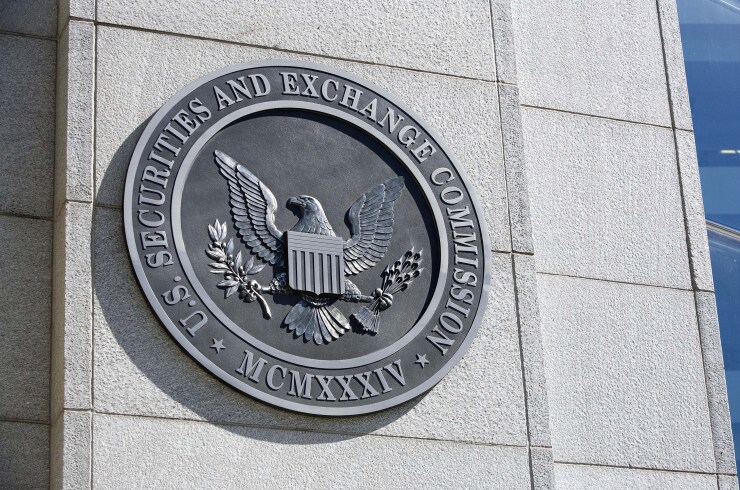(Bloomberg) The U.S. Supreme Court put sharp new limits on a favorite tool used by securities regulators to recoup money from people found to have violated federal laws.
The justices unanimously said the Securities and Exchange Commission is bound by a five-year statute of limitations when it seeks “disgorgement,” or the return of illegal profits. Lower courts had been divided on the issue.
The SEC extracted almost $3 billion in disgorgement payments in 2016—more than double what it collected in other types of penalties.

The ruling is a victory for Charles R. Kokesh, a New Mexico man found by a jury to have misappropriated money from four investment companies he controlled. A judge ordered him to pay a $2.4 million civil penalty, plus $35 million in disgorgement, equal to the amount he was found to have misappropriated dating back to 1995. An appeals court ruled against Kokesh.
Kokesh said the SEC should be able to collect only $5 million in disgorgement, the amount attributable to the five-year period before the agency filed its claims in 2009.
The legal provision that establishes the five-year statute of limitations doesn’t explicitly mention disgorgement. It says it applies to “enforcement of any civil fine, penalty or forfeiture.”
The Justice Department argued that disgorgement is different than those sanctions because it isn’t a punishment and instead is focused on ensuring a violator doesn’t profit from illegal conduct.
Writing for the Supreme Court, Justice Sonia Sotomayor said disgorgement "bears all the hallmarks of a penalty." She noted that only some of the money collected by the SEC goes to the victims and that some of the funds end up with the Treasury.
"It is imposed as a consequence of violating a public law and it is intended to deter, not to compensate," Sotomayor wrote in the 11-page ruling.
Kokesh’s lawyer, Adam Unikowsky, said in an email that the ruling "grants important protection to defendants facing enforcement actions by the SEC and other agencies."
Judith Burns, an SEC spokeswoman, declined to comment on the ruling.
The case is Kokesh v. SEC, 16-529.





